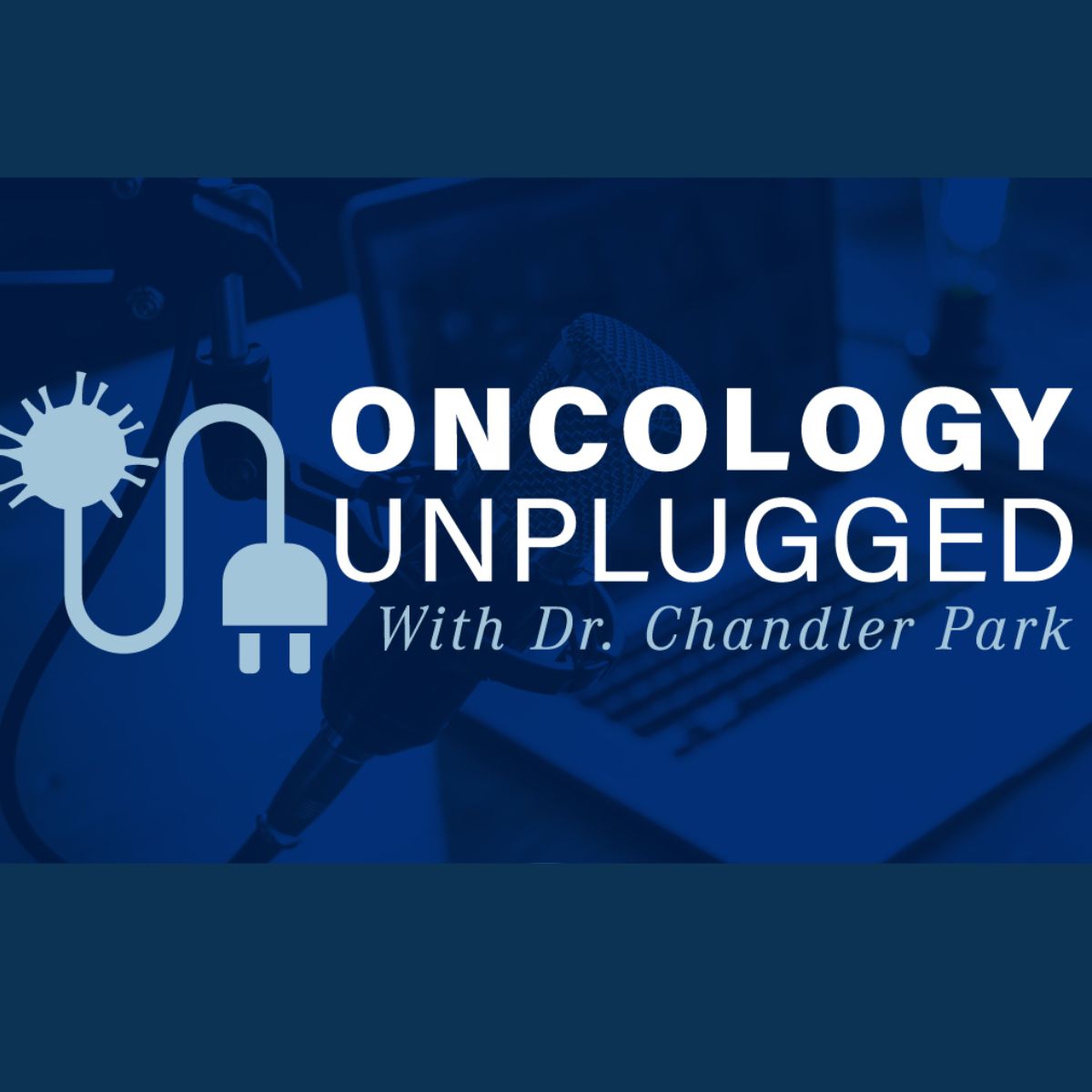Article
Watch Out for the Weekend
Author(s):
Weekend hospital admissions linked to higher patient mortality.
A recently published study about weekend hospital admissions has been getting a lot of media attention. The study, published in the Archives of Surgery (available at http://bit.ly/k5bq0), found that people admitted to the hospital on weekends were 10% more likely to die than those admitted during the week. What this means is that 20,000-25,000 more people die each year because of weekend admissions.
Researchers from Tufts University Medical School and the University of Toronto analyzed the outcomes of nearly 30 million people who were admitted to hospitals in 35 states in the US during the years of 2003-2007. They adjusted for diagnosis, age,sex, race, income level, payer, comorbidity, and hospital characteristics.The researchers tracked nonelective admissions, which are the most common type of weekend admission, and found that 2.7% of the people admitted during the weekend died while in the hospital, compared to 2.3% of those admitted on a weekday.
It was not clear to the researchers why weekend admissions were associated with higher mortality. When trauma injuries were examined, there was no difference in the weekday and weekend death rate; therefore, the possibility that more life-threatening accidents and injuries occur on the weekends was ruled out. The researchers speculated that perhaps there are fewer nurses and well-trained physicians working on the weekends, and/or perhaps access to diagnostic imaging and other tests is delayed or not available. It’s an intriguing study, and hopefully one that will prompt hospitals to examine weekend staffing levels and testing availability.









